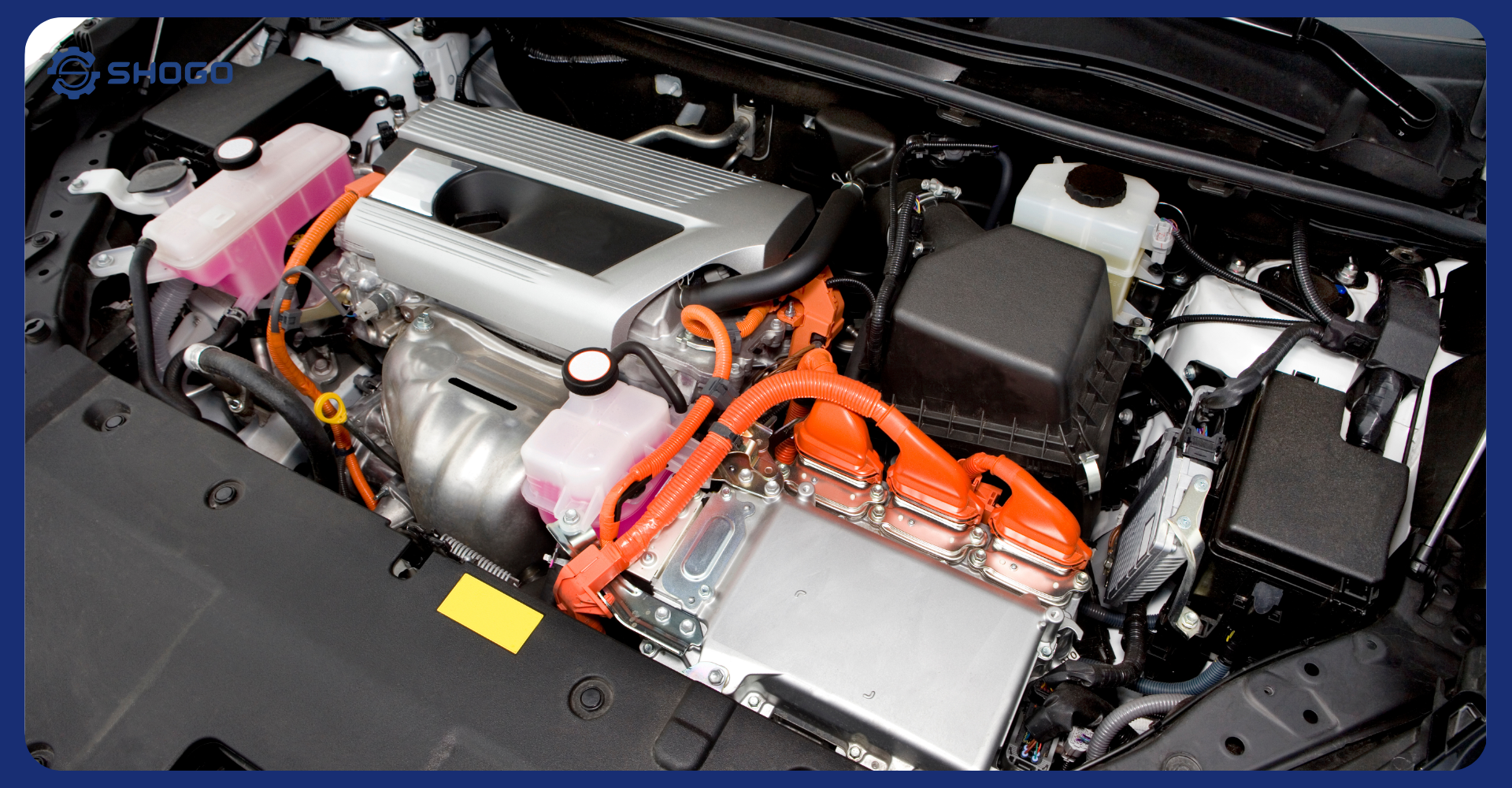
Busbar is a conductive bar made of high-conducting materials such as copper, aluminum, etc., used to connect electrical devices in an electrical system. Busbar has many advantages over traditional electrical connection methods, helping to ensure safety, efficiency, and cost savings.
Advantages of busbar
- Safety: Busbar has good conductivity, helping to reduce the risk of overload, short circuit, and fire.
- Efficiency: Busbar makes electrical connection faster, easier, and more accurate.
- Cost savings: Busbar can help save investment and maintenance costs of electrical systems.
Types of busbar
- Copper busbar: Has good conductivity, high durability, and good corrosion resistance.
- Aluminum busbar: Is lighter than copper busbar and has a lower price.
- Composite busbar: Made of composite materials, has good fire resistance and corrosion resistance
Applications of busbar
Busbar is widely used in residential and industrial electrical systems, including:
- Building electrical system: Busbar is used to connect electrical devices in a building such as lighting, air conditioning, elevators, etc.
- Factory electrical system: Busbar is used to connect electrical devices in a factory such as machinery, electrical equipment, etc.
- Construction site electrical system: Busbar is used to connect electrical devices on a construction site such as machinery, electrical equipment, etc
How to choose the right busbar
When choosing busbar, you need to consider the following factors:
- Current density: Choose busbar with a cross-section that is suitable for the current density to be transmitted.
- Material: Choose busbar with a material that is suitable for the use environment.
- Size: Choose busbar with a size that is suitable for the installation space


